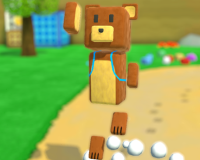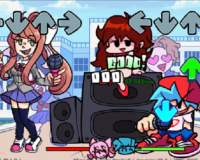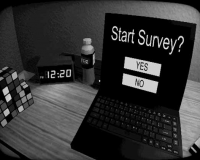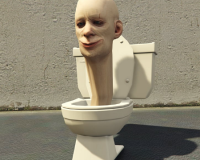
Advertisement
SpyFall
Spyfall is a social party game that involves hidden roles and deduction. Each round begins with players receiving cards—most of them show a shared location, while one player receives a card labeled “Spy.” The spy does not know where the group is located but must blend in by asking and answering questions. The goal of the non-spy players is to identify the spy, while the spy aims to figure out the location without being exposed.
Turn-Based Interaction And Questions
One player starts by asking another a question related to the location. The person being asked must respond in a way that shows they know the location but without giving away specific details. After answering, they ask a new question to a different player. This continues until someone initiates an accusation or the timer runs out. Players are expected to pay attention to wording, tone, and possible inconsistencies in answers to uncover the hidden role.
What Players Do Each Round
During each round, participants usually:
- Ask indirect questions to test others’ knowledge
- Answer carefully to avoid giving away the location
- Watch for unusual behavior or vague answers
- Vote to identify the spy when suspicion grows
- As the spy, try to deduce the location without revealing ignorance
These steps form the basic rhythm of each round and determine its outcome.
If a player believes they know who the spy is, they can suggest a vote. If the group unanimously agrees, and the vote is correct, the non-spies win. If the vote is incorrect, the spy wins instead. Alternatively, the spy can end the round early by announcing their identity and guessing the location. If the guess is accurate, the spy wins. If not, the round ends in a loss for the spy. These two end conditions create a balance between deduction and deception.
Game Format And Replayability
Spyfall supports three to eight players and is usually played in multiple rounds. Each round uses a different location from a predefined list, and players rotate roles randomly. The game does not require physical movement or equipment beyond the cards or a digital equivalent. Because the conversations vary based on who is playing and how they interact, no two rounds are the same. The game encourages repeated play through its focus on discussion and adaptive strategies.















































































